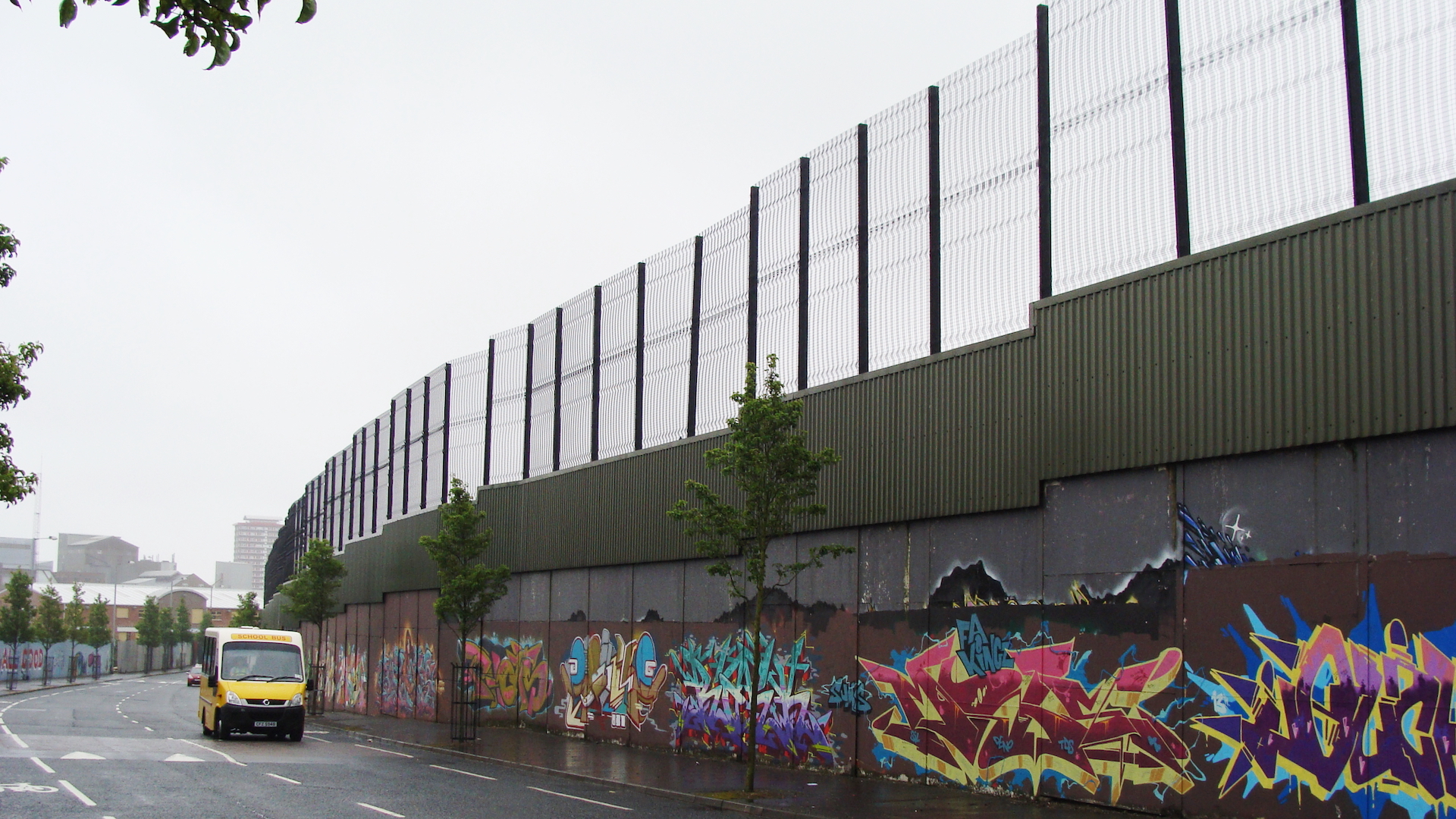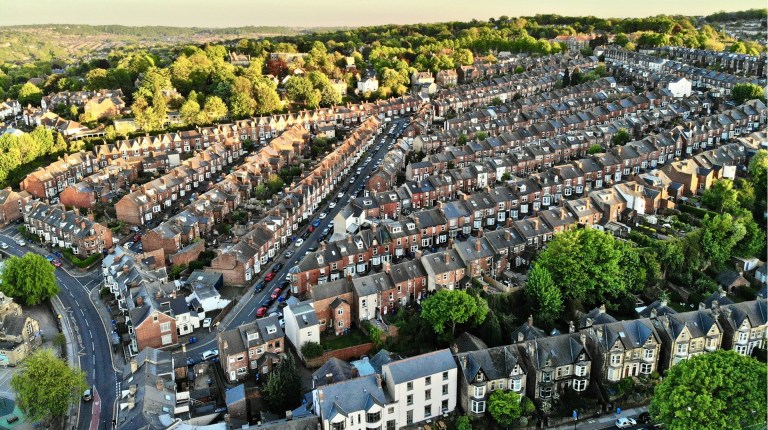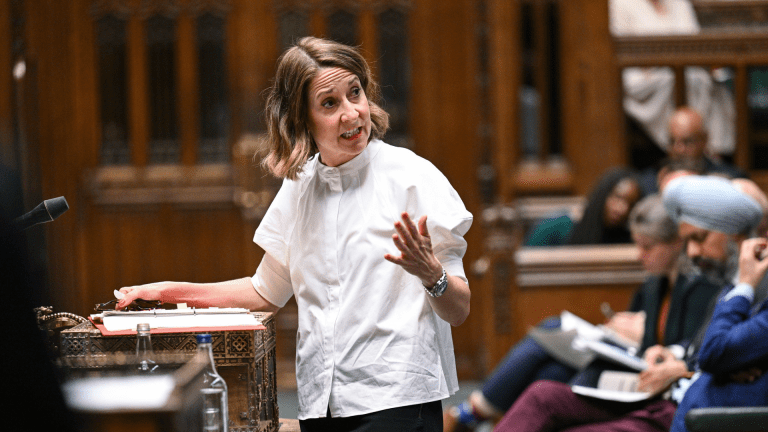Helicopters are in the skies along with Attenuating Energy Projectiles (a fancy way to say plastic bullets) and water cannon has been used by police for the first time in six years.
A number of factors are feeding into the seven days of violence, which only seemed to really capture the attention of the UK, Irish and US governments when it moved from attacks on police to sectarian violence between communities.
Brexit and Northern Ireland
One reason for it all, that many in Britain seem most interested in, is the impact of the Brexit protocol.
Tension has been building for weeks among unionists and loyalists who feel betrayed by the ‘Irish Sea Border’ which flows from the UK’s decision to leave the EU.
They argue that the trading arrangement agreed between Boris Johnson’s government and the EU diminishes Northern Ireland’s position in the UK, and creates an economically united Ireland of sorts.
Advertising helps fund Big Issue’s mission to end poverty
They want the protocol scrapped, but so far the UK and EU, while acknowledging the distress and need to finesse the protocol, are not budging.
The distress unionists and loyalists feel should be of concern to everyone, and needs to be addressed, but for the avoidance of doubt the only way the constitutional position of Northern Ireland changes is if people vote for it.
The big picture is around insecurity about the future, and the changing demographics and political landscape.
The funeral of IRA chief Bobby Storey
Other factors playing into the violent scenes include the Public Prosecution Service (PPS) decision not to prosecute Sinn Fein politicians, including deputy First Minister Michelle O’Neill, over attending the June 2020 funeral of IRA chief Bobby Storey.
The funeral drew up to 2,000 people onto the streets of the city during stay-at-home Covid restrictions. It would have been much bigger in normal times.
The PPS said a reasonable excuse defence could be raised on two grounds. One, the law at the time being incoherent, and, two, because funeral organisers engaged with police.
Advertising helps fund Big Issue’s mission to end poverty
Unionist anger at Sinn Féin not being held to account, as they see it, was then directed at the police with calls from senior politicians for the PSNI Chief Constable to resign. The PPS is currently reviewing the decision and Her Majesty’s Inspectorate of Constabulary are examining the police operation.
Unionist politicians have been publicly very angry, though they deny whipping people up into a frenzy and not showing calm leadership over the matter.
We have seen a blame game unfolding between political parties.
There are also perceptions of “two-tier policing” among loyalists but that can be difficult to explain when republicans, anti-vaxxers, BLM and feminist protesters have said similar.
The broader picture
Then in the toxic melting pot we have some adults encouraging young people to riot. Meanwhile criminal and paramilitary elements, who have had their activities disrupted by police in recent times, are also involved in the violence.
We could fill The Big Issue from the front to back on this topic but this writer doesn’t have the word count so forgive my brevity when I say some other major issues include communities feeling left behind, social deprivation, lockdown fatigue and a sprinkle of recreational rioting among the grim list of reasons for what you are seeing online, and on your radios and TVs.
Advertising helps fund Big Issue’s mission to end poverty
2021 is the year of Northern Ireland’s centenary, and this weekend marks the 23rd anniversary of the Good Friday Agreement that ended decades of violence. Sadly, the focus this year will be street violence from a minority of people.
The future of Northern Ireland
Whatever lies ahead –and many are of the view it is Irish reunification – some of us are British, some of us are Irish, some of us are both, and some of us are neither.
Nobody is going anywhere and if the pandemic has taught us anything it is of the need to create a more equal and fair society.
Peace is not an event, it’s a process, and we need to work harder on reconciliation and careful use of language.
We owe it to ourselves and the young people in society because while our peace is imperfect it is preferable to what went before.
Amanda Ferguson is a journalist, writer and broadcaster from Belfast. Follow her on Twitter @AmandaFBelfast
Advertising helps fund Big Issue’s mission to end poverty










